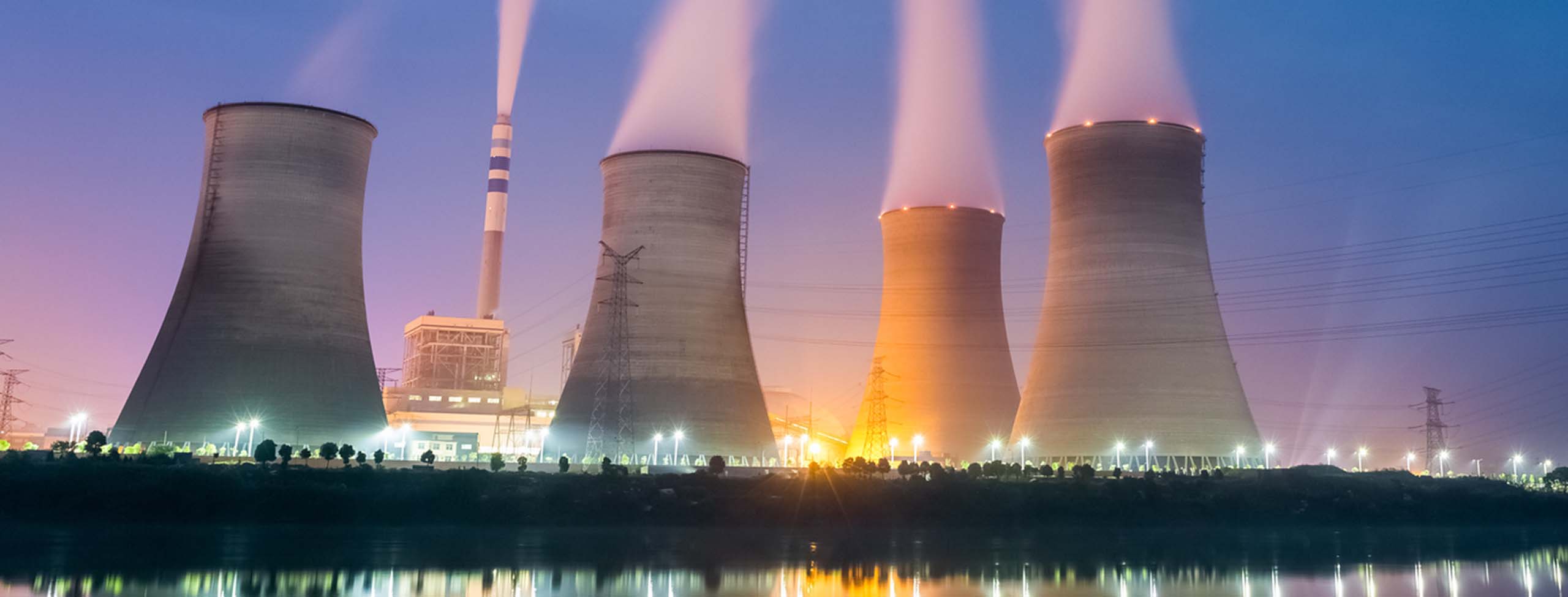
20 January 2025 • 4 minute read
Was 2024 a year of recovery for nuclear power in France?
“Nuclear power is an energy of the future that belongs to the past”, said the American ecologist Amory Lovins in 1977 at the conference on the future of non-nuclear energy.
In France, connecting the Flamanville EPR to the electricity grid at the end of 2024, 17 years after construction began, could reconcile the future with the past.
Recent developments in France could turn the phrase “nuclear power is an energy of the past that belongs to the future” on its head. The country is developing small modular or advanced fission and fusion reactors. It’s pursuing the ITER fusion project. It’s developing the Jules Horovitz research reactor and the new research facilities of the CEA’s civil nuclear branch. And there’s GIFEN’s MATCH report and the action plan of the Université des Métiers du Nucléaire.
In 2023, France adopted Law No. 2023-491 of 22 June 2023, known as the “New Nuclear” law (promoting the acceleration and simplification of procedures applicable under the town planning, environment and energy codes).
Now, Law No. 2024-450 of 21 May 2024 is the second part of the response to the challenge of reviving the nuclear industry. Its aim is to dynamize the public procurement sector in the interests of the nation’s core values, which include energy sovereignty, and to support the EPR 2 construction programme at the Penly, Gravelines and Bugey sites.
Safeguarding energy and protecting the economy: Giving contracting authorities new room for manoeuvre
In the context of energy security and, more generally, of “defending the economic interests of the nation” (as the government puts it), the French legislator has opportunely drawn on recent developments in ECJ case law. In particular it’s looked at the judgment of 7 September 2023, Case C-601/21) on contracts that can be excluded from the scope of public procurement rules to protect the essential interests of the nation. It’s also allowed contracting authorities to derogate from some purely French public procurement rules.
Specifically, the regulator has adopted two innovations, receiving a positive opinion from the Council of State (opinion of 14 December 2023 n° 407671) as regards the absence of constitutional and conventional (European and WTO) obstacles.
- A new case of total exclusion from the public procurement rules is reserved for what specialists call the “nuclear island”, ie the most sensitive part of the installations in terms of safety and security, which designates industrial purchases linked to the construction or operation of an INB (basic nuclear installation). This applies to both existing and new projects, but only to purchases that contribute directly or indirectly to the security of the installation or to protection against malicious acts.
- Various sector-specific exemptions from the public procurement rules applicable to the contracts listed by the legislator: New Nuclear Programme, radioactive waste or spent fuel management facilities, dismantling of nuclear facilities or site rehabilitation, research facilities. These relaxations concern the absence of an allotment obligation, the possibility of exceeding the maximum eight-year duration of the relation agreements, and the possibility of using the criterion of the credibility of bids (although this has already been accepted by administrative jurisprudence). There’s also the possibility of concluding any amendment to the contract, without a new call for competition. This becomes necessary as a result of and in line with developments in the design of the project, under the conditions already laid down in the Public Procurement Code, particularly regarding the inability to change the service provider for reasons of replaceability or interoperability with existing equipment.
Back to the past? As the government points out in the explanatory memorandum to the bill, these changes will allow the nuclear project owners (EDF, CEA, Andra) to return to their previous industrial practices from the time of the Messmer plan, when neither European, international nor national law required the use of competitive tendering procedures.